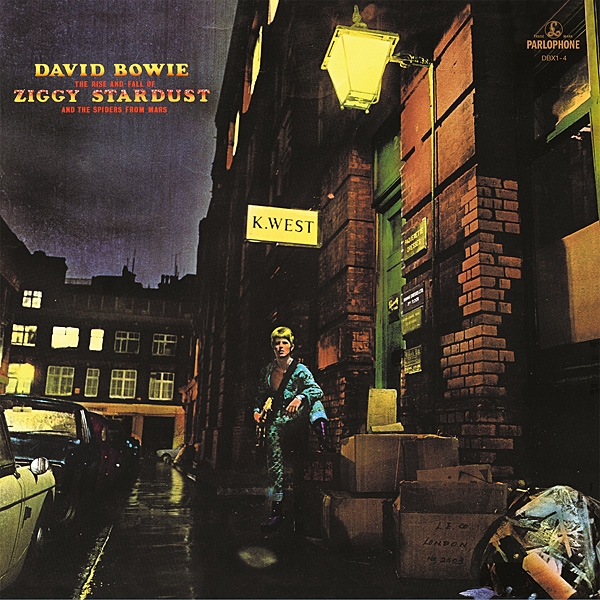| Columns Retired Columns & Blogs |
I enjoyed your article, I was eighteen when this first came out, not quite into the glam rock scene but I eventually bought the album because of some of the radio play interested me. Because of your article I just listened to it today, it's been a very long time since I played it and it's still good.
Happy trails.....







































